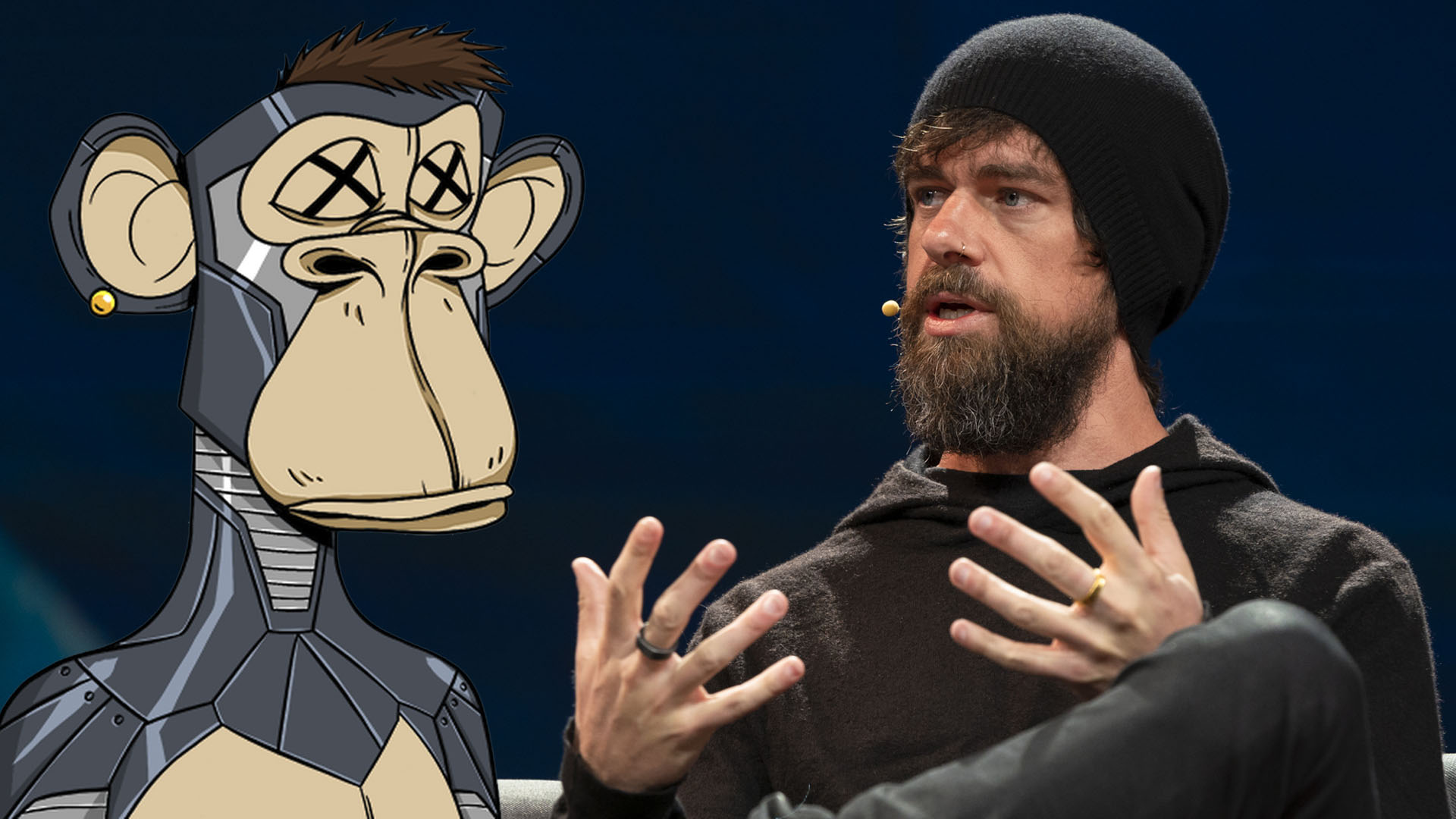
The NFT marketplace responsible for selling Jack Dorsey’s first tweet Cent suspends transactions (via Reuters) on February 6, 2022 due to a “fundamental problem” with fakes and stolen content.
Cent is an NFT marketplace that aims to allows users to buy and sell NFTs of tweets, with the first tweet ever made selling for 1,630 ETH (roughly $2.9 million at time of writing). However, founder Cameron Hejazi made the decision to halt users from buying or selling on the platform due to rampant content theft and counterfeiting.
Hejazi stated that the fraudulent activity taking place on his and other NFT marketplaces “shouldn’t be happening… legally,” and that it highlighted a “fundamental problem with Web3.” Aside from people minting and selling digital assets without properly owning the source material, he also stated that some users were selling NFTs as securities, which is legally recognized as fraud.
The news that Cent suspends transactions for minting and bidding on tweets seems to be an attempt to avoid legal issues around these activities, but they seem to be the only NFT marketplace taking real action to address these concerns.
For comparison, OpenSea is one of the most valuable NFT businesses in the industry with a $13.3 billion valuation, and they admitted in a Twitter thread that “Over 80% of the items created” with their minting tools “were plagiarized works, fake collections, and spam.”
When attempting to impose a limit on this tool, the community backlash caused them to reverse this decision— and aside from some vague promises of “working through a number of solutions” to “deter bad actors,” they offered no alternative actions to prevent rampant IP theft from continuing.
In this context, Cent’s decision to essentially halt their entire business indicates that they take the issue of NFT fraud and plagiarism far more seriously. Hejazi stated that Cent may resume minting in the short term under strict centralized regulation from the platform, which seems to be his only possible solution to this fundamental problem.
However, this runs counter to the ideals expressed by Web3’s most enthusiastic cheerleaders, as does Hejazi’s pessimistic comment that the industry seems to be mostly comprised of “money chasing money.”
Opportunistic platforms like OpenSea and Cent are in a high-risk/high-reward position as pioneers of digital art’s evolution, but the way these platforms encourage users to snatch off-chain content and convert it into crypto assets will lead to legal trouble sooner rather than later.
In general, marketplaces like these sour the perception of NFTs and their incredible potential. True digitally native art (like video games) can benefit from blockchain technology, but current attempts from some of the most ruthless companies in the industry further limit its potential, alienating potential optimists and anyone who isn’t solely interested in making a quick buck.
Maybe Cent is right and the best course of action is a total and complete shutdown of all NFT marketplaces until we can figure out what the hell is going on.
This is Niche Gamer Tech. In this column, we regularly cover tech and things related to the tech industry. Please leave feedback and let us know if there’s tech or a story you want us to cover!